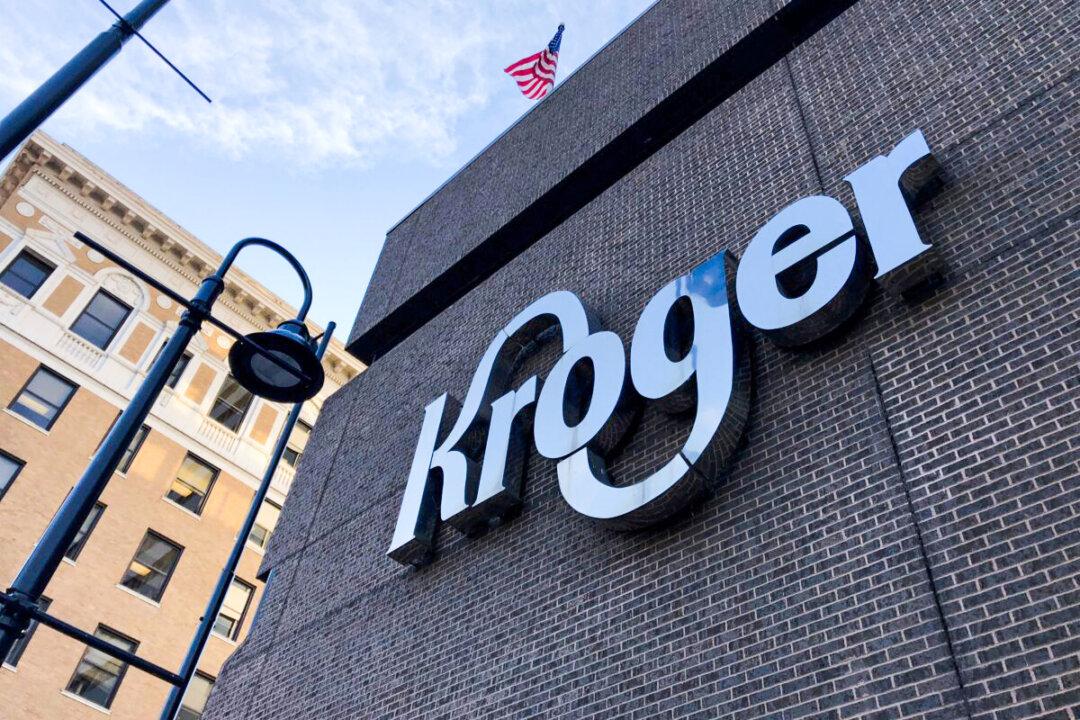Kroger, the largest supermarket chain in the United States and the second biggest retailer after Walmart, recently set aside a rumor that the store would be accepting Bitcoin Cash as a form of payment.
The rumor was based on a press release on Kroger’s website, which said the grocer would be accepting Bitcoin Cash. Derived from Bitcoin, Bitcoin Cash enables the processing of more transactions because of larger block sizes, and is considered an initiative mostly led by China-based miners.





